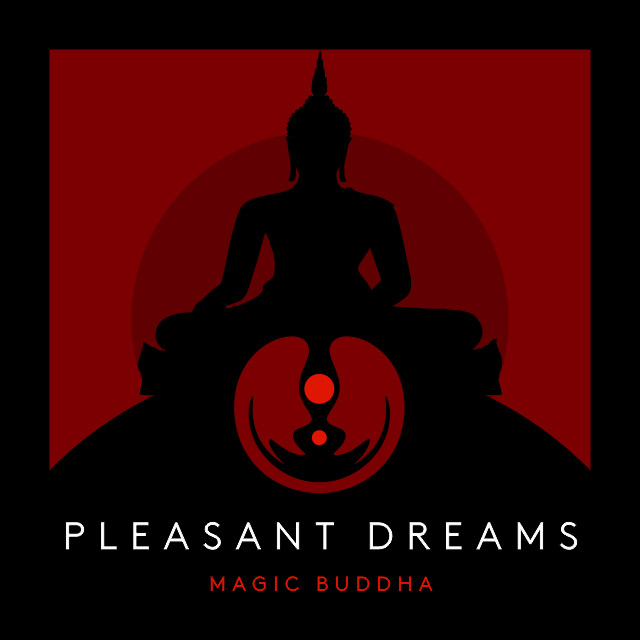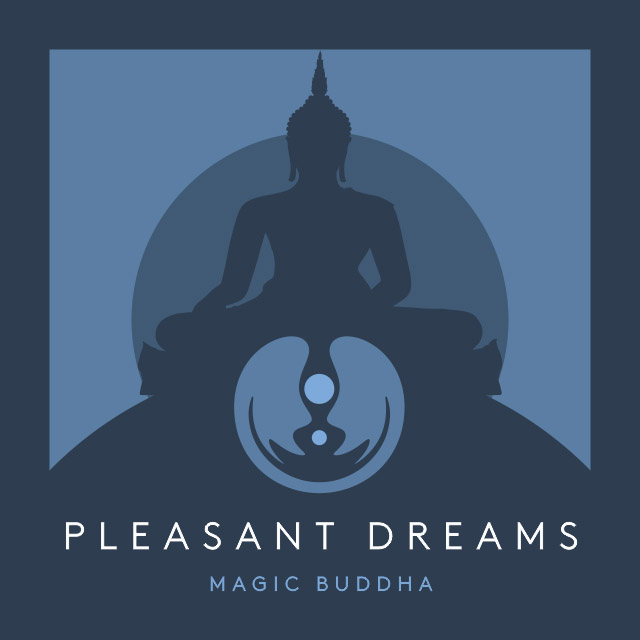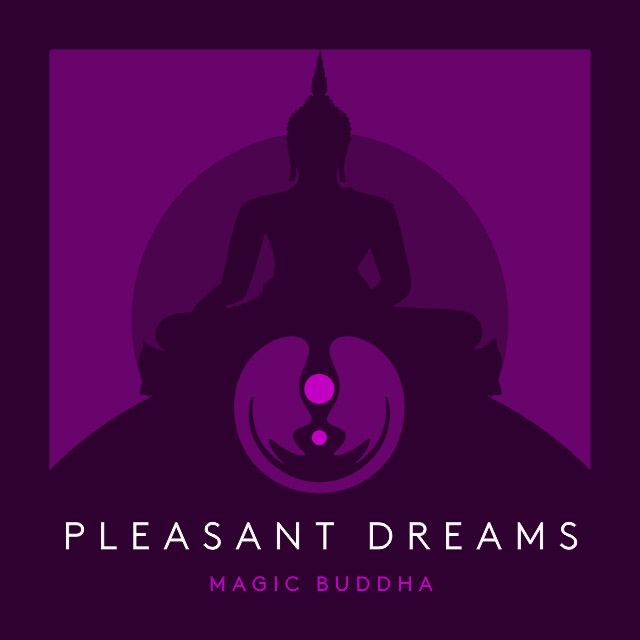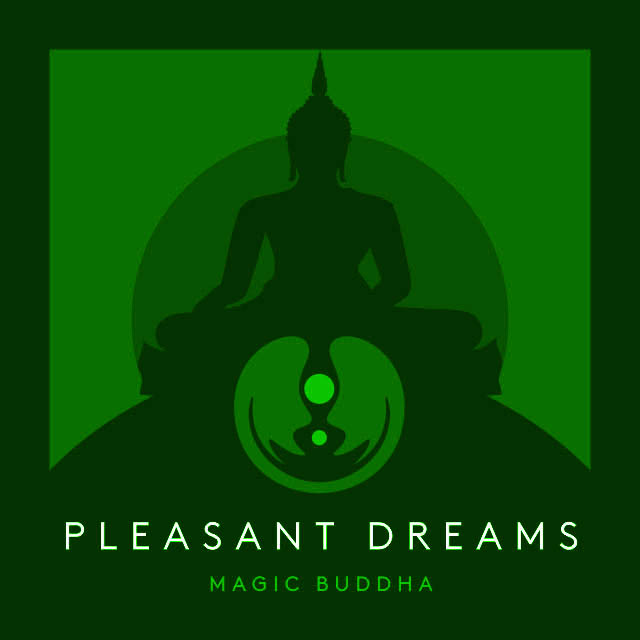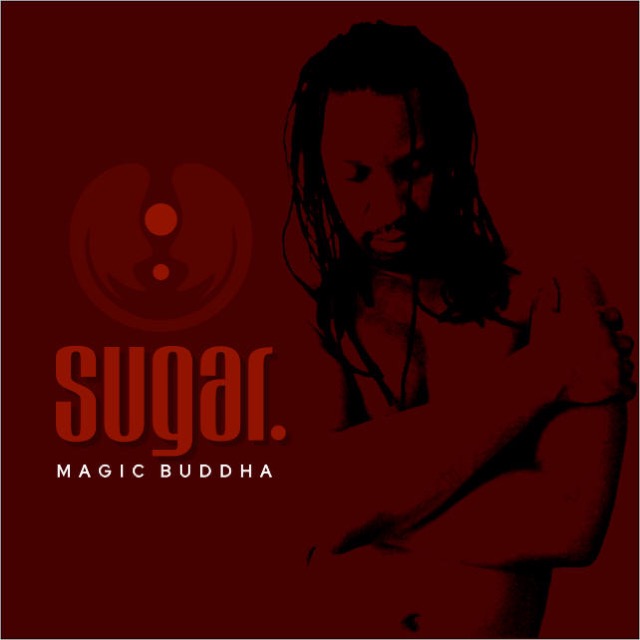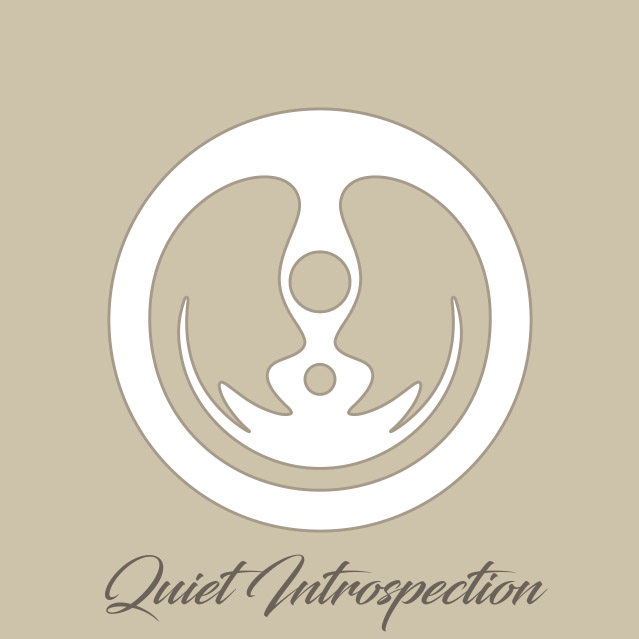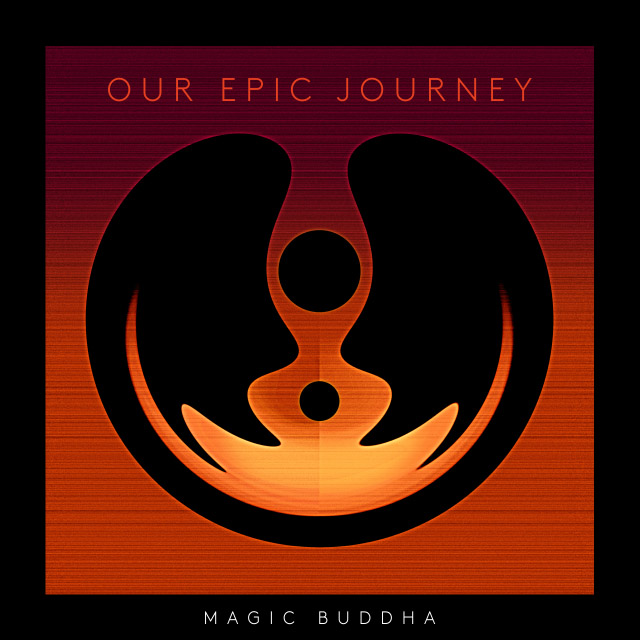rest healthy rest assured
“While music may get more credit for inspiring people to dance, it also offers a simple way to improve sleep hygiene, improving your ability to fall asleep quickly and feel more rested.”
– Sleep Foundation
Magic Buddha music helps establish balance and completeness for mind and body.
Why is sleep a luxury we can’t afford to live without?
The Importance of Sleep
A good night’s sleep is essential for nourishing the soul, relaxing the mind, and strengthening the body.
It helps us put our world in perspective and wake up refreshed and energised for the new day. However, many people view sleep as a luxury rather than a necessity.
Sleep, music and Mental Health
If you’re experiencing sleep problems, you may be more likely to feel anxious, depressed, or even suicidal.
Poor sleep can also trigger psychotic episodes, exacerbate existing symptoms, and increase the risk of developing dementia. Quality sleep plays a crucial role in concentration, learning, mood, and overall health.
Slow the mental horses down with mindful playlists
Accessing good quality music has never been easier
making sleep a priority
Build a theraputic and unique mindful playlist from the Magic Buddha collection that prioritises restful sleep.
Magic Buddha helps establish balance and completeness. In the laws of Yin and Yang one must experience light and dark in equal measure to stabilise both mind and body.
recommended
common sleep q&a‘s
Research suggests anxiety and depression causes 1 in 3 people to suffer from a dangerous lack of restful sleep.
The mind can often act like a runaway train with no brakes and requires swift intervention before veering off the rails causing catastrophic and often irreparable damage. Applying the right music can effectively steady a racing
mind to a gentle and serene pace where it belongs.
A lack sleep of can profoundly affect mental health although, the causes of insomnia are pretty complex with many triggers like traumas, anxieties and fears.
Research is ongoing, but so far, a history of sleep trouble does seem to increase the risk of dementia.
A recent 2021 Harvard study found that individuals who slept fewer than five hours per night were twice as likely to develop dementia.
We’re often told that a good nights sleep nourishes the soul. It puts your world in its place and you usually wake up refreshed, energised and ready for a new day. But many of us consider sleep as a real luxury and have difficulty falling asleep.
Quality sleep is known to play an important role in concentration and learning, as well as mood and overall health.
Research suggest quality sleep is something that can be improved through music but, we would always suggest that anyone suffering any kind of sleeping disorder to seek advice from a qualified and experienced consultant, regardless of age!
Music is a powerful art form.
While it may get more credit for inspiring people to dance, it also offers a simple way to improve sleep hygiene, improving your ability to fall asleep quickly and feel more rested. Music can aid sleep by helping you feel relaxed and at ease.
With streaming apps and portable speakers, it’s easier than ever to take advantage of the power of music wherever you go.
Given music’s accessibility and potential sleep benefits, it might be a good time to try adding it to your nightly routine.
Music provides a total brain workout, and quite possibly more important than we think.
Research, according to a recent Hopkins study, has shown that listening to music, can reduce anxiety, blood pressure, and pain as well as improve sleep quality, mood, mental alertness, and memory.
Music improves sleep through calming parts of the autonomic nervous system, leading to slower breathing, lower heart rate, and reduced blood pressure. Many people with poor sleep associate their bedrooms with frustration and sleepless nights. Music can counteract this, distracting from troubling or anxious thoughts.
In terms of Live events, music venues by far generate “rewarding feeling”, according to research. There are many who suffer without their gig or clubbing fix.
Although, we empathise with all sufferers of addiction, and would not condone or support any additive behaviours, music is not a bad one to have. Modern research shows music is as addictive as alcohol, fast food and cocaine.
Certain types of music can be incredibly relaxing, Depending on its tempo and structure music can soothe us on a biological level and boost sleep quantity. The right song choice might even relax you enough to cause you to fall asleep faster and restfully.
Music is indeed the food of life and often the driving force behind our health and sense of wellbeing. Music has the power to enhance and transform our lives, and is even able to define the tempo to which we live.
Although, there should be no reason for concern, we would always suggest seeking advice from a qualified and experienced consultant.
While the palatability of medicines or pills is rarely a source of enjoyment, individuals readily ingest them when they alleviate discomfort. Similarly, Magic Buddha’s mission to encompass a wide range of musical genres aligns with the belief that music serves as medicine for the mind. Genre specificity matters less; what truly counts is achieving the desired therapeutic outcome.
Therefore, to answer your question, the concept of ‘my kind of music’ is illusory—music belongs to everyone—cultural and social pressures often steer individuals toward specific genres. Peer pressure, in particular, plays a significant role.
Interestingly, those with more eclectic tastes tend to fare better in education and overall life. This phenomenon arises because each genre offers unique elements, necessitating mental agility for the most open-minded listeners. The brain thrives on this cognitive workout, enhancing sleep quality, mood, mental alertness, and memory.
Music is used to aid and assist sleep and not necessarily a cure for sleep deprivation.
You may be suffering deeper and more complex issues therefore, as always we would suggest that anyone suffering any kind of sleeping disorder, seek advice from a qualified and experienced consultant.
The NHS has many qualified and experienced doctors, psychologists, counsellors and advisers freely available or privately if you prefer. Just go online and see which is best for you.
the next step
MagicBuddha® is positioned to help Medical, Teaching, Businesses and youth groups prioritise music to ease a growing mental health crisis in the UK.
MagicBuddha® champions the power of music in mental health care, backed by scientific research that highlights its profound impact—especially for children. We advocate for integrating music into treatment strategies, helping tackle
challenges like sleep deprivation and emotional struggles.
By shifting the focus to prevention rather than crisis management, MagicBuddha® aims to make music a key tool for mental wellbeing, offering a proactive and accessible approach to support individuals before issues escalate.


